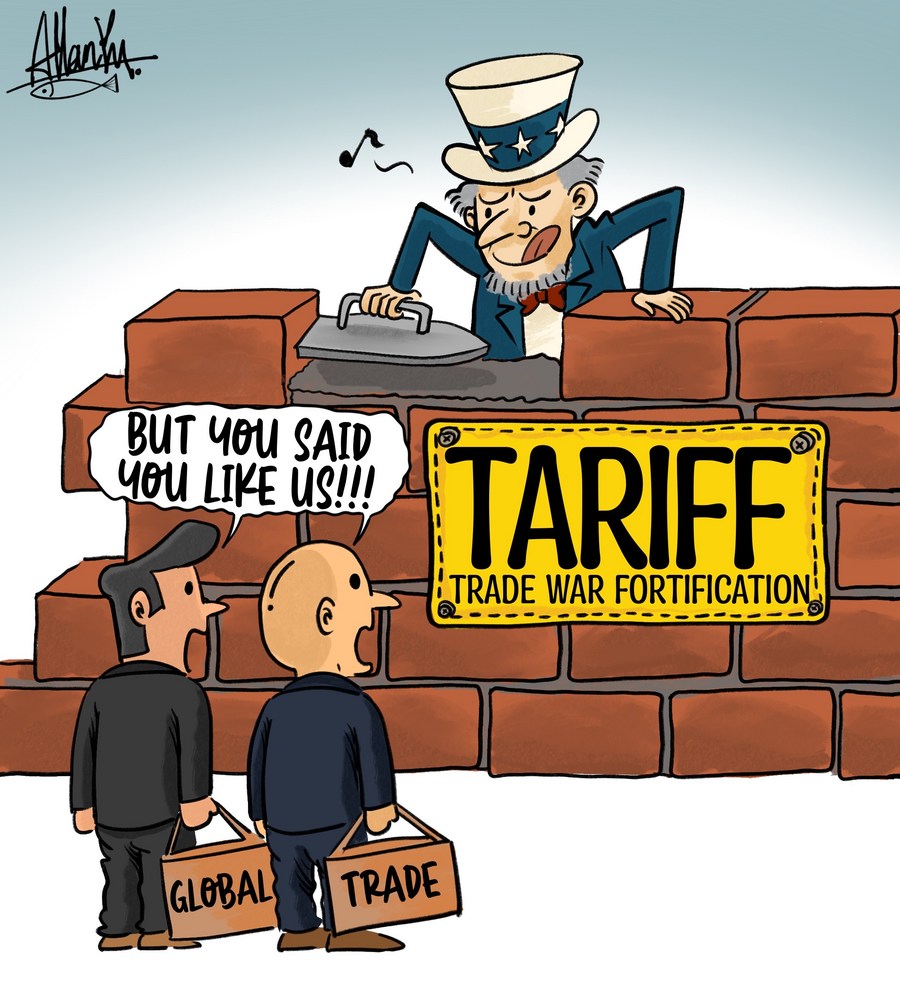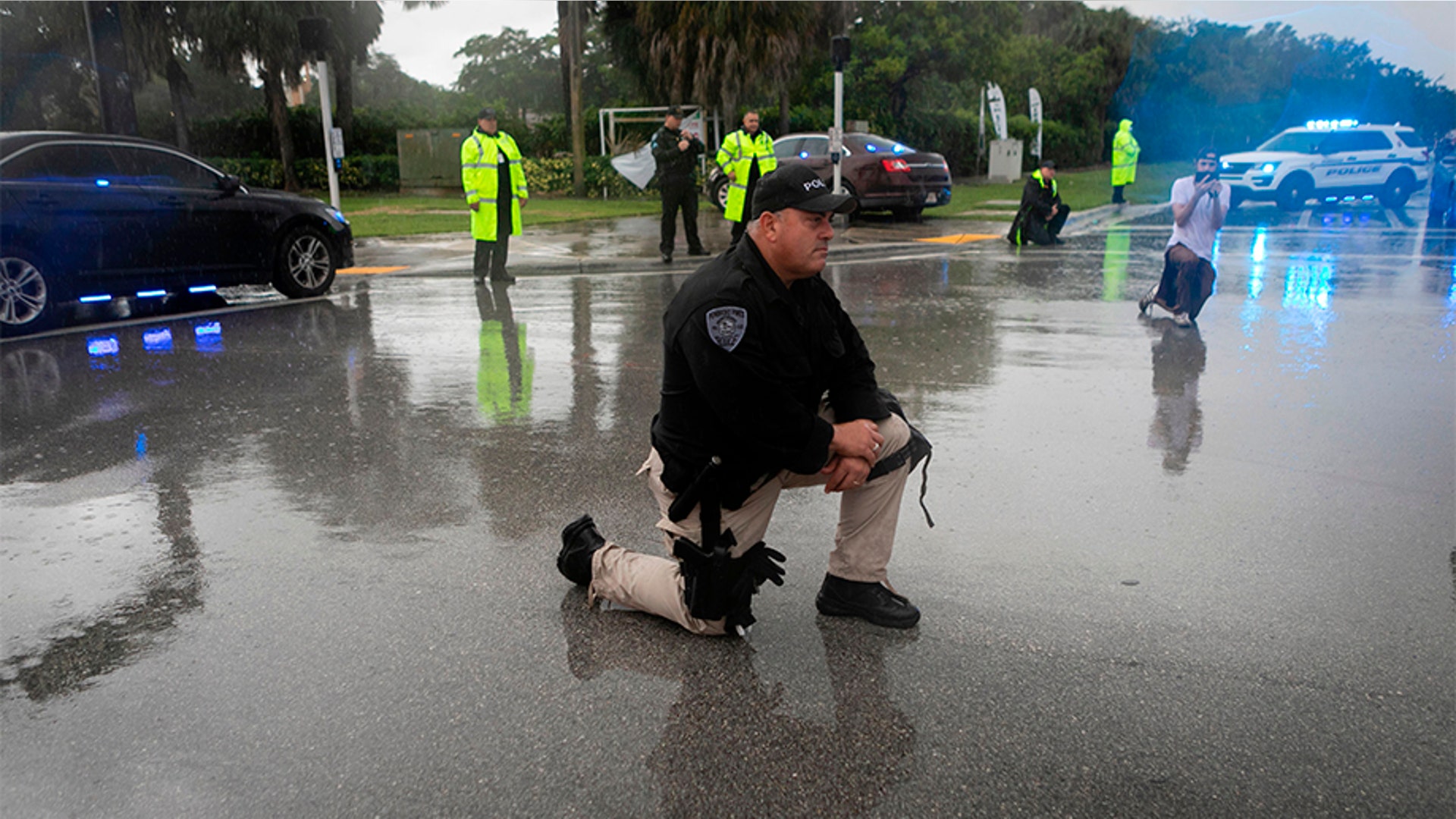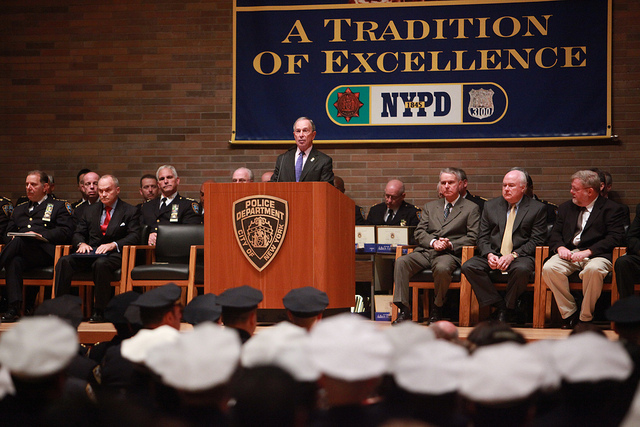Court Battle Over Trump's Tariffs: Can Judges Review?

Table of Contents
The Legal Basis for Challenging Trump's Tariffs
Numerous legal arguments underpinned the challenges to Trump's tariffs. These arguments focused on various potential legal violations, including:
- Violation of specific trade agreements: Many argued that the tariffs violated rules established by the World Trade Organization (WTO), leading to retaliatory tariffs from other countries and disrupting global trade relationships. Cases often cited the WTO's principles of non-discrimination and the prohibition of arbitrary or unjustified trade restrictions.
- Exceeding the President's constitutional authority: Opponents contended that the President's authority to impose tariffs was limited by the Constitution and existing legislation. They argued that the tariffs exceeded the President's power under the Commerce Clause and infringed upon Congress's power to regulate international trade.
- Unfair or discriminatory application of tariffs: Lawsuits alleged that the tariffs were unfairly targeted at specific countries or industries, violating principles of equal treatment and due process. The arbitrary nature of certain tariff impositions became a key element in legal challenges.
- Violation of due process rights for affected businesses: Businesses facing significant financial losses due to the tariffs claimed the imposition process violated their due process rights, lacking sufficient opportunity for input or review before implementation.
Relevant statutes such as the Trade Expansion Act of 1962 (which provides the basis for Section 232 tariffs) and the Trade Act of 1974, along with legal precedents related to presidential trade authority, formed the backbone of these legal challenges. Past cases challenging presidential trade actions, while not directly mirroring the circumstances of the Trump tariffs, provided valuable legal frameworks and precedents for the arguments presented.
The Role of Judicial Review in Trade Policy
Judicial review, the power of courts to review and overturn government actions deemed unconstitutional or unlawful, is central to this issue. However, its application to executive actions, particularly in foreign policy and trade, is complex. The "political question doctrine," which holds that certain issues are better left to the political branches of government, frequently arises in trade disputes. Courts must balance their role in upholding the rule of law with the need to avoid interfering in areas traditionally considered the domain of the executive branch, particularly in matters of international relations and national security.
Different courts adopted varied approaches in determining their authority to review trade policy decisions. Some courts adopted a deferential standard, giving significant weight to executive branch determinations, especially those involving national security concerns. Other courts displayed a greater willingness to engage in substantive review of the legality and fairness of tariff policies. Supreme Court cases involving challenges to presidential trade actions have played a significant role in shaping the parameters of judicial review in this complex area. The varying judicial approaches illustrate the ongoing debate about the proper balance between executive authority and judicial oversight in trade policy.
The Standard of Review for Trade Policy Decisions
Courts employ different standards of review when evaluating trade policy decisions. These standards dictate the level of scrutiny applied. Common standards include:
- Arbitrary and capricious review: This standard requires a court to determine if the agency’s decision was based on a rational connection between the facts found and the choice made.
- Substantial evidence review: This demands that the agency’s decision be supported by substantial evidence in the administrative record.
The standard of review significantly influences the likelihood of successfully challenging tariff decisions. A more deferential standard, such as arbitrary and capricious review, makes it harder to overturn the executive branch's decision. Conversely, a more rigorous standard, like substantial evidence review, offers greater opportunities for legal challenges to succeed.
The Impact of Court Decisions on Trump's Tariffs (and future tariffs)
The potential outcomes of court cases regarding Trump's tariffs ranged from the invalidation of specific tariffs to modifications of tariff policies, or the upholding of the executive branch's authority. Invalidation of specific tariffs could have significant economic repercussions, potentially affecting specific industries and international trade relationships. Modified policies might require adjustments to tariff rates or the inclusion of additional safeguards for affected businesses. Upholding the executive branch’s authority, however, would set a precedent potentially impacting future presidential trade policies, possibly emboldening future administrations to employ similar trade tactics. The economic consequences of the various court rulings could involve job losses, price increases for consumers, and changes in global supply chains. The impact on international trade relations could include retaliatory actions from affected countries, further escalating trade tensions and potentially harming the global economy.
Conclusion: Navigating the Legal Landscape of Tariffs
The court battles over Trump's tariffs highlighted a fundamental tension: the balance between executive authority in trade policy and the power of judicial review to ensure adherence to law and constitutional principles. While the arguments supporting judicial review emphasize the rule of law and the protection of individual rights, arguments against extensive judicial review cite the need for executive flexibility and decisiveness in international trade negotiations. The core question—whether judges can effectively review the legality and constitutionality of tariffs—remains complex, with no easy answer. The significant legal and political implications of these court battles extend far beyond the immediate impact on specific tariffs. They shape the ongoing debate about the appropriate limits of executive power in the realm of trade policy and the role of the judiciary in safeguarding against potential abuses. Stay updated on this crucial legal battle impacting trade policy by following further developments in court battles over Trump’s tariffs. Businesses and individuals directly affected by trade policies should seek legal counsel to understand their rights and options.

Featured Posts
-
 Fbi Reassigns Agents From Iconic George Floyd Protest Kneeling Photo
May 02, 2025
Fbi Reassigns Agents From Iconic George Floyd Protest Kneeling Photo
May 02, 2025 -
 1 Mayis Emek Ve Dayanisma Guenue Nuen Oenemi Ve Guencelligi
May 02, 2025
1 Mayis Emek Ve Dayanisma Guenue Nuen Oenemi Ve Guencelligi
May 02, 2025 -
 Southern California Donkey Roundup Tradition And Community
May 02, 2025
Southern California Donkey Roundup Tradition And Community
May 02, 2025 -
 Mental Health In The Workplace How Policy Drives Productivity
May 02, 2025
Mental Health In The Workplace How Policy Drives Productivity
May 02, 2025 -
 Meer Dan Duizend Limburgse Ondernemers Wachten Op Aansluiting Enexis
May 02, 2025
Meer Dan Duizend Limburgse Ondernemers Wachten Op Aansluiting Enexis
May 02, 2025
